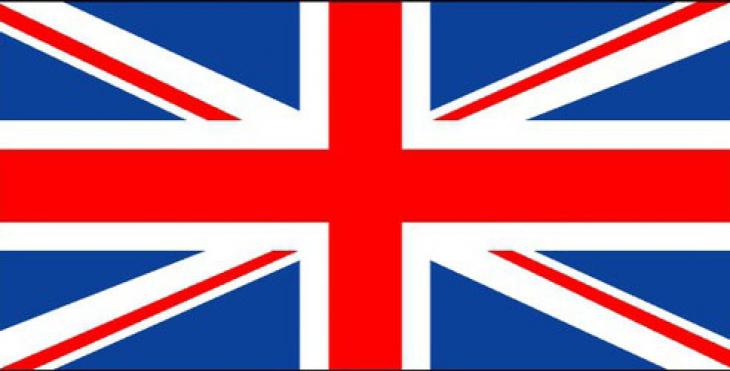
By Publisher Ray Carmen :
The sun may have long since set on the British Empire, but the hangover lingers—lingering like the taste of gin on a colonial veranda or the echo of “Rule Britannia” in a modern debate about statues. In streets, minds, and government policies, the empire hasn’t vanished. It’s just changed costume.
This is the Great British Empire Hangover—the cultural and psychological residue of a global empire that once spanned nearly a quarter of the world’s landmass, and now struggles to reconcile its past with its present.
Empire Without the Empire
Britain no longer rules the waves—but you wouldn’t always know it. Its institutions still exude imperial echoes:
-
The monarchy, with crowns and scepters that once symbolized dominion over millions.
-
Legal systems and civil services from Delhi to Nairobi still bear Westminster’s fingerprints.
-
Even cricket, tea, and Oxbridge accents still trail behind like nostalgic ghosts of empire.
But while Britain traded colonies for commonwealths, it often failed to confront the full cost of its rule. That has created a strange cultural condition—half pride, half amnesia.
Selective Memory Syndrome
Schoolchildren once grew up learning that the empire “brought railways, civilization, and the English language.” Rarely did textbooks mention Bengal famines, massacres, or brutal suppressions in Kenya and Malaya.
Today, this selective memory has come under fire. Statues are toppled. Curriculums are challenged. Activists call for a reckoning. And yet, large parts of the population resist, viewing such efforts as an attack on heritage rather than a demand for historical honesty.
“It was a different time,” they say.
“They’re trying to rewrite history,” others insist.
But perhaps what we’re seeing is not a rewriting—just a rebalancing.
Post-Empire Identity Crisis
Brexit exposed something deeper: a subconscious longing for past grandeur. The rhetoric—“global Britain,” “taking back control,” “unshackling from Brussels”—echoed imperial tones, as if Britain could once again stride the world stage with sovereign swagger.
But post-imperial reality is more complicated. Many former colonies now outperform Britain economically. Migration patterns have reversed. The empire’s former subjects now live, vote, and thrive in London—sometimes to the discomfort of those still clinging to a whiter, simpler national myth.
This identity crisis—caught between nostalgic nationalism and multicultural modernity—is the heart of the empire hangover.
Reparations, Removals, Reckonings
Some former colonies have moved on decisively. Barbados ditched the Queen in 2021. Jamaica is following suit. Meanwhile, calls for reparations grow louder—from stolen artifacts in the British Museum to wealth extracted through colonization and slavery.
Britain has often responded with quiet diplomacy, symbolic gestures, or—at times—defensiveness. But healing requires more than acknowledgment. It requires real engagement with the scars of empire—not just abroad, but at home.
So What’s Next?
To sober up from this long imperial binge, Britain must do something deeply un-British: talk openly about its past. Not just the glory—but the greed, the violence, the exploitation, and the resistance.
This doesn’t mean erasing the past—but understanding it more completely. To be proud of Shakespeare and Magna Carta doesn’t mean ignoring Amritsar or the Mau Mau rebellion.
Britain’s future, paradoxically, may depend on how honestly it confronts its past.
Conclusion: From Hangover to Healing
The empire is gone, but its ghosts walk freely. They shape immigration debates, influence foreign policy, and haunt the halls of museums and parliament alike. Until Britain can face them head-on, it risks being trapped in the twilight of an empire it can neither revive nor release.
The real question isn’t whether Britain was once great.
It’s what kind of country it chooses to be after empire.




